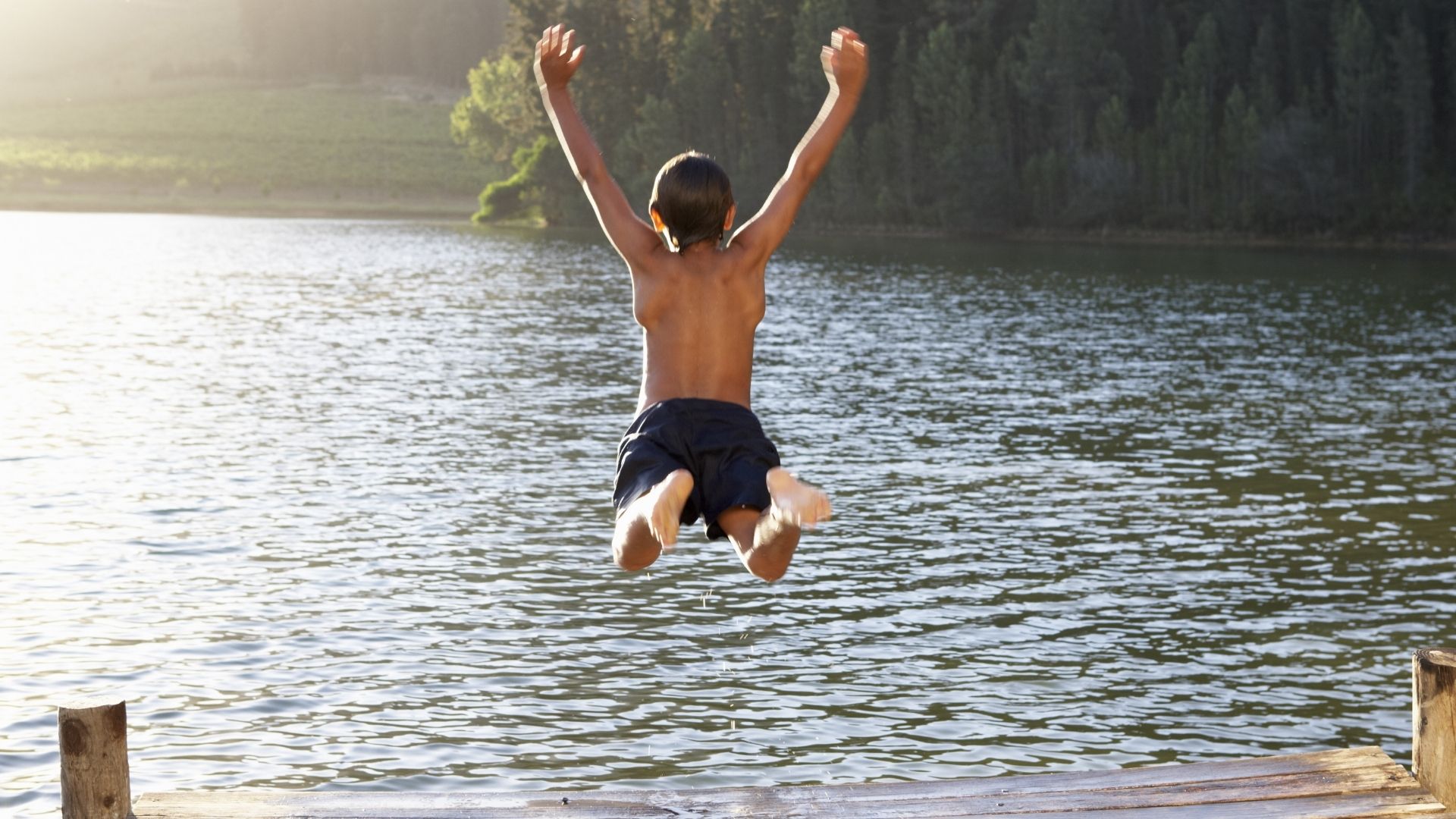I have this amazing activity that I do with college students in the course that I teach at USF that typically creates a very poignant reaction. It goes something like this, with 20 and 21 year olds:
ME: “How many of you can dance?”
STUDENTS: One or two raise their hands, timidly.
ME: “How many of you can sing?”
STUDENTS: One or two raise their hands, while others scoff at the notion.
ME: “How many of you can draw?”
STUDENTS: Maybe one raises a hand, while another whispers, “Yeah, I draw stick figures.”
Me: “That is interesting to see your responses. If I asked the same questions to a Kindergarten class, what do you think their responses would be?”
STUDENTS: Look at me with revelation in their eyes. They begin to connect that ability is realistically defined as self-belief rather than skill.
Implication
So, what is the practical lesson here for parents? How can you help your kids to keep believing in themselves, no matter what their skills are? How do you create fearless kids who will do anything without worrying about the outcome? I believe there are several evident take-aways, rooted in play therapy principles.
- Kids define ability in different terms. They are physically able to draw, sing, dance, or act and so they do. The social pressure to perform or excel is not preventing them from doing what they enjoy. It is important that you continue to support their interests, no matter their skill level. This reinforces the idea that things are done for enjoyment, not a specific outcome.
- Encouragement is crucial for kids to develop self-worth, self-confidence, and self-esteem. And although those are all very different, all three are grown out of someone focusing their attention on their efforts and hard work. “You work hard practicing your singing.” or “You keep trying until you get that picture just how you want it.” can be offered regardless of how well they are doing either.
- Reflecting feelings is an important element as well. By helping your kids to identify how they feel about their activities, it will remind them of why they do it. “You are happy when you dance.” or “You love to act out stories.” allows them to process the internal reasons that they choose those activities; because they feel good when they do.
Fearless and self-confident kids learn and understand who they are, what they are capable of, how to express their emotions, and what internal motivation feels like. By using play therapy principles, you can witness all of these traits emerge as your kids navigate interests and activities while not feeling pressured to perform to expectations or standards. Which means that you and your kids can enjoy activities together because they are fun, if nothing else!

